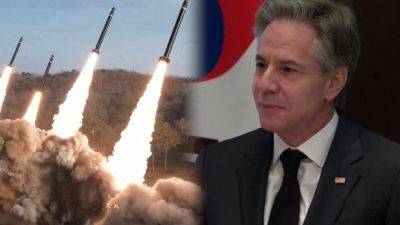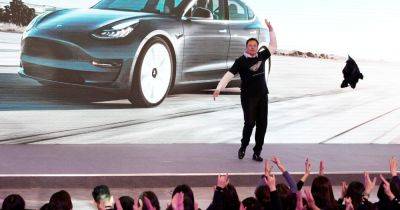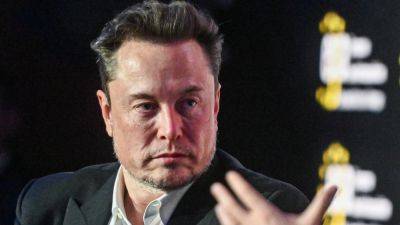OpenAI denies Elon Musk lawsuit claim that there ever was founding agreement
OpenAI has challenged a foundational claim Tesla CEO Elon Musk made in the lawsuit he filed against the startup earlier this month.
As it seeks to commercialize its ChatGPT chatbot and underlying artificial intelligence models, OpenAI faces a slew of legal battles, including the one from Musk and cases over copyright infringement from the New York Times and authors. OpenAI reacted to Musk's complaint last week by deriding it in a memo to employees and releasing emails involving him that go back to its earliest days.
Musk, who claimed breach of contract at the startup that he backed, referred in his complaint earlier this month to a 2015 "founding agreement" with him and two other OpenAI co-founders, Sam Altman and Greg Brockman. The three were agreeing that a new AI lab would be a nonprofit for the benefit of humanity and that it would not keep information private for commercial benefit, Musk said.
He went on to say that in releasing the GPT-4 large language model last year without providing scientific details for public consumption, OpenAI breached that agreement.
"There is no Founding Agreement, or any agreement at all with Musk, as the complaint itself makes clear," OpenAI said in a document on file with California's superior court for San Francisco County. "The Founding Agreement is instead a fiction Musk has conjured to lay unearned claim to the fruits of an enterprise he initially supported, then abandoned, then watched succeed without him."
Musk quoted OpenAI's 2015 certificate of incorporation with the Delaware secretary of state, asserting that it "memorialized" the founding agreement. But OpenAI responded by saying that Musk's complaint lacked an actual agreement.
The Microsoft-backed startup called Musk's claims






